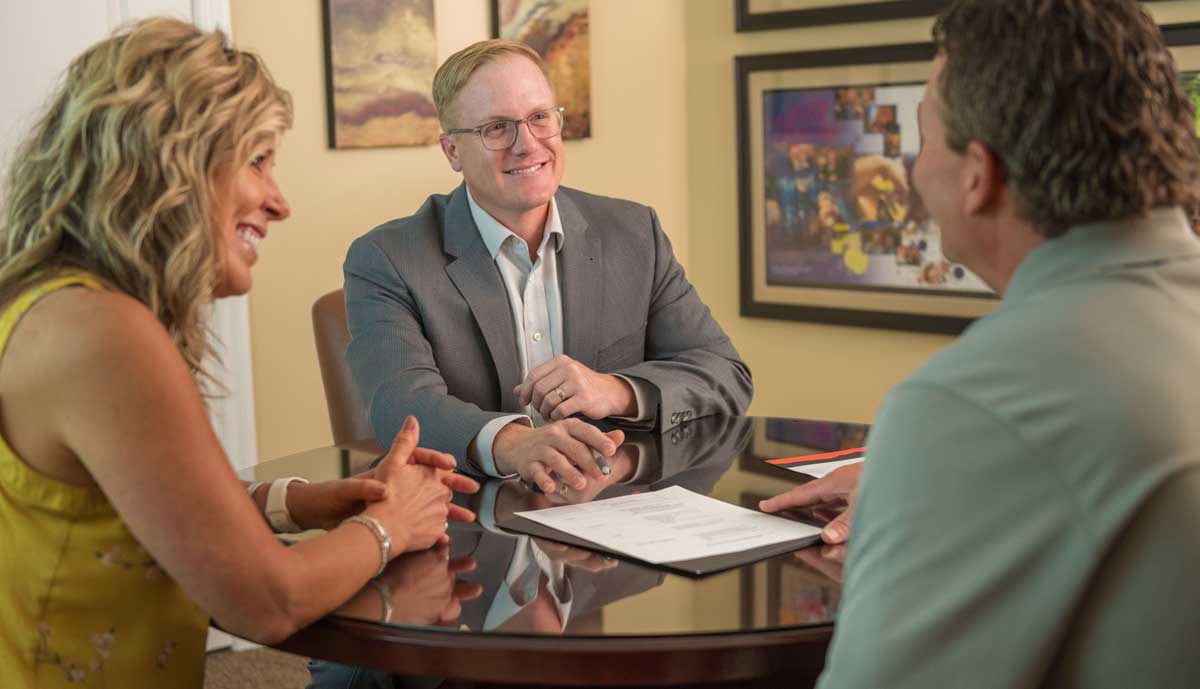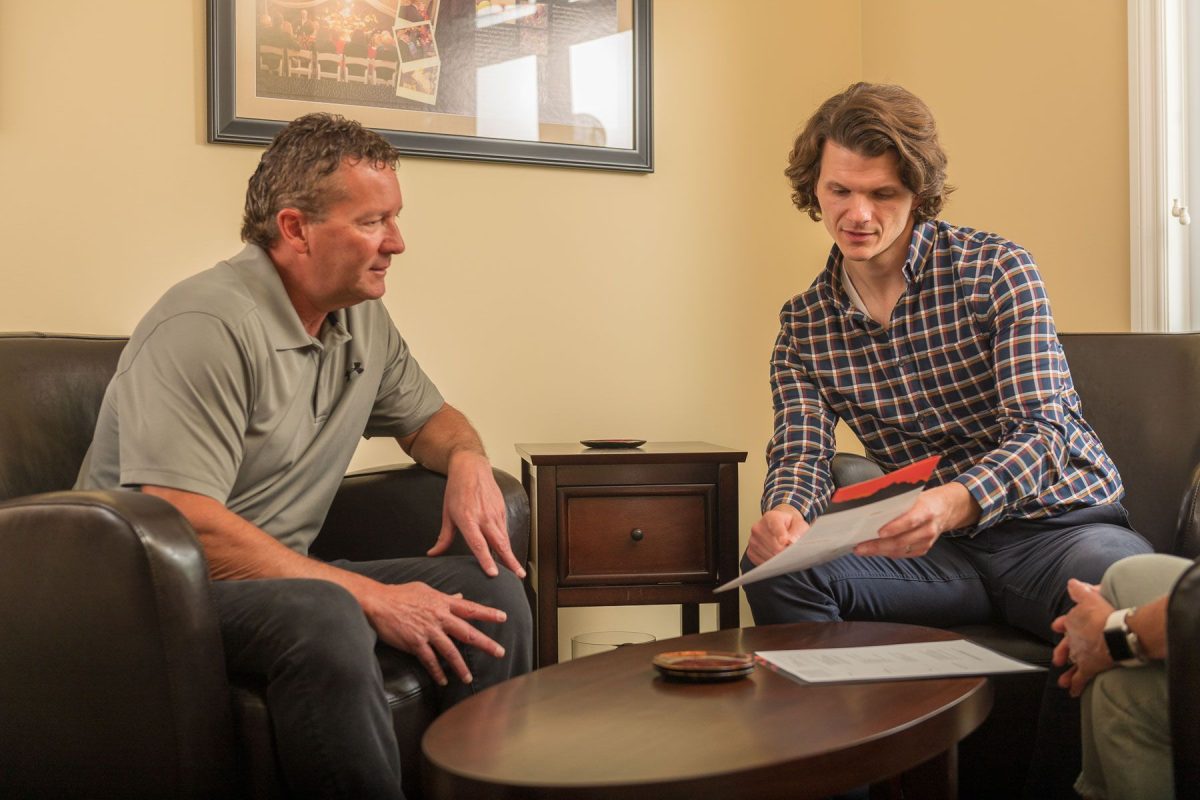Have you ever had a friend move away, a close co-worker leave the company, or a child head off to college? Of course you have, it’s a common experience to us all. As the saying goes, absence makes the heart grow fonder, right? We feel our heart ache when that person isn’t around when we need them. And it makes me wonder, does the opposite hold true – does presence make the heart less fond? Let’s face it; we’re susceptible to taking relationships for granted until they change or until we truly need that person and they’re not around for us.
I spend a lot of time thinking about the relationships we have with the clients we serve. A LOT of time. The very fact that I write to you weekly verifies that I want you to have the very best ‘client experience’ possible with us, with me as an advisor. Sure, not every weekly newsletter is read by every person every week…I know that…but I’m thinking of you anyway. Yes, you. We invest in social events, educational events, a quarterly newsletter, birthday cards, and more. It’s all designed to maintain the best possible relationship so that when life events occur, we’re not absent. As a result, we can quickly get up to speed on addressing the opportunity or concern when it arises.
There has been an interesting conversation forming about whether to pay fees to a financial advisor, given that the markets have been so lackluster for the past two years. Wouldn’t a person be better off investing in some no-load funds through an 800 number, rather than pay a person to remind you that the markets stink right now? I mean, am I paying more to an advisor than I’m earning right now? How can this be justified?
In response, allow me to offer several thoughts. First, there are people who successfully navigate the investing universe on their own and have great results doing so. Typically, those people make investing a deep study, and they rarely show up at our door seeking guidance in the first place. While I could demonstrate to them how an advisor can improve their results through additional planning, that’s another article. In other words, not everybody is going to pay an advisor, but even those who don’t would be surprised by what they don’t know they don’t know.
For those who do choose to work with an advisor, there will be stretches of time when the fees paid will exceed the returns the markets will offer. Your advisor cannot change the markets, no matter how good they claim to be. That’s not their job. Advisors can seek out and implement the best available strategies for optimizing returns in a given market, but markets aren’t always kind to even the most prudent investors. Therefore, paying for advice and guidance isn’t always immediately profitable. It’s not supposed to be, and it can’t be.
Financial advice is most profitable when your life changes most dramatically: at retirement, after a divorce, upon death of a spouse, during and after tax law changes, and when your priorities change. It’s during these times when an advisory relationship is most appreciated and most valuable financially. In between these life events, not much happens, other than slow progress in the market and fees being paid. How disappointing.
The relationship between retiree and advisor is not much different than the relationships we all have with friends, co-workers, and family: long lukewarm passages of time, interrupted by incredible moments of support, guidance, and mutual appreciation. These are the very moments that determine the value of the relationship. These are the experiences that make the investment in the relationship pay for itself many times over.
When life events happen, we’ll be here to support and guide you. Until then, we’ll be here writing, planning, advising, guiding, and yes…thinking of you.
All the best,

Adam Cufr, RICP®
Recent Articles

Show Your Work: Why Transparency Matters in Retirement Planning

Unlocking the Mystery of Income Taxes

Social Security Strategy: Do You Have One?

Pension Decision: Just One Critical Piece of Information Is Needed to Decide



